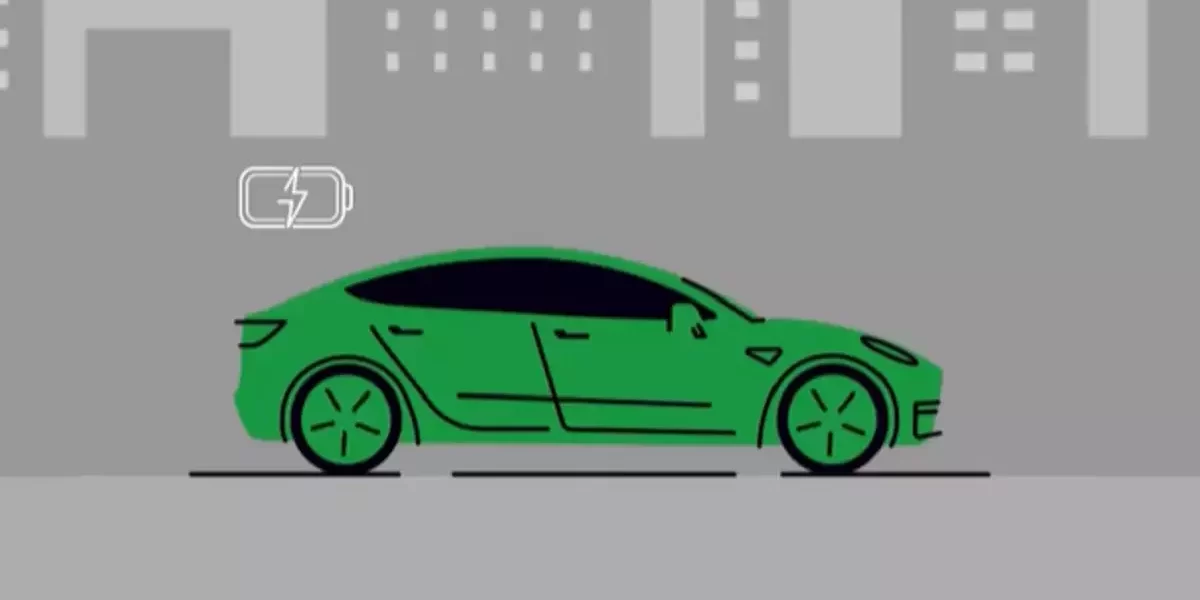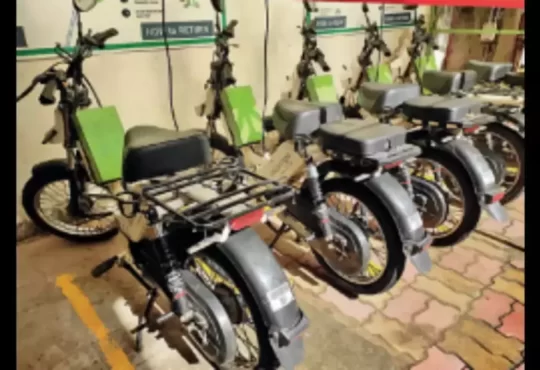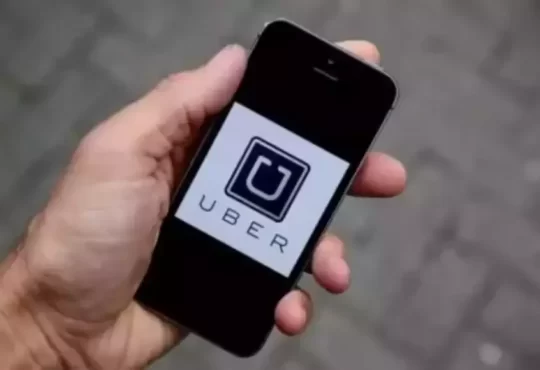
Shared mobility to push EV adoption quicker than personal cars: Plug Mobility
The segment of electric vehicles (EVs) that attracts the most customers for Plug Mobility is shared mobility. This includes taxis and other forms of shared transportation. By offering electric vehicles for shared mobility, Plug Mobility aims to promote the idea of electric mobility and the benefits it brings. Rajiv K Vij, the Founder of Plug Mobility, explains how shared mobility can contribute to EV adoption, the company’s plans for expansion across India, and its contribution to EV charging infrastructure.
Plug Mobility is the EV initiative launched by Carzonrent, which has been providing mobility solutions for over 20 years in 79 cities and towns across India. With its fleet having served over 10 million trips and covered over 800 million kilometers, Carzonrent is now focusing on electric mobility through its Plug initiative. The platform provided by Plug offers electric vehicle mobility-as-a-service for businesses, including corporates, SMEs, hotels, airlines, airports, and government departments/public sector enterprises.
The aim of Plug is to build an EV ecosystem that reduces carbon footprints and encourages stakeholders to adopt EVs. The company plans to introduce sustainable and safer mobility solutions and play a significant role in India’s electric, autonomous, and connected mobility aspirations. Plug aims to address the challenges in transitioning the B2B mobility industry to EVs by offering a comprehensive and scalable electric mobility platform for businesses, a tech-first platform for corporate fleets, and an EV ecosystem for driver owners and small fleet operators.
In terms of expansion, Plug plans to add over 5,000 EV cars to its fleet by March 2023. During this period, the company will expand its operations to major metros such as Delhi NCR, Mumbai, Bangalore, Chennai, Hyderabad, Pune, Kolkata, Ahmedabad, Jaipur, and Chandigarh. In the second phase, Plug will expand to 68 tier 2/3 cities, including state capitals and other towns where Carzonrent already provides services. Additionally, Plug has identified 32 cities and towns with business potential that are part of the government’s plans to start regional airline services. The goal is to have a total of over 10,000 EV cars in 100 cities and towns across India within the next 24 months.

Plug Mobility has existing contracts with government agencies, multinational corporations (MNCs), resorts, and other organizations for EV fleets used in personnel transportation. These contracts include MNCs, large Indian business houses, government organizations, public sector units (PSUs), major airports, premium hotels, global and Indian airlines. Plug will continue to serve these customers while transitioning their transportation requirements to EV fleets. Currently, Carzonrent/ Plug’s customers spend over INR 2800 crore annually on transportation, and Plug aims to expand its customer base and offer the benefits of EV fleets to more businesses, helping them achieve their CO2 emission saving and environmental, social, and governance (ESG) targets while also saving costs.
In terms of the segment of EVs that attracts the most customers, shared mobility is the primary focus for Plug Mobility. This includes electric taxis and other forms of shared transportation.
Which segment of electric vehicles (EVs) attracts the most customers?
The largest segment for business-to-business (B2B) customers is basic sedans and multi-utility vehicles (MUV) or vans. In India, there are now car models available with sufficient battery range, ranging from over 200 km to over 400 km. These models are suitable for meeting all kinds of mobility requirements for B2B customers within cities, as well as for outstation and inter-city use. These vehicle types will make up the majority of our fleet over the next few years. However, there is also a segment for luxury EVs, particularly for services such as airline and hotel limos, business leaders’ transportation, international and Indian delegations, embassies, and guests who prefer combining business trips with leisure trips to tourist destinations. There are excellent car models available to meet these customers’ requirements, and we will have a fleet of such cars to meet their expectations in these segments.
How can battery safety be ensured in electric two-wheelers?
The unfortunate issue of battery safety, with some two-wheeler batteries catching fire, does not impact customer confidence in the safety of batteries for four-wheelers. Established Indian and global original equipment manufacturers (OEMs) that have vast experience and robust testing processes are manufacturing batteries for four-wheelers. The government is expected to define battery and battery management system (BMS) standards soon, ensuring that such incidents do not occur again.
Do you think we need stricter regulations when it comes to EV battery development and manufacturing in India?
Battery development and manufacturing require significant investments, and only large global or Indian players with the ability to invest in research and development, future battery chemistries, and adherence to global standards will be permitted by the government to engage in this critical activity and take advantage of the Production Linked Incentive (PLI) scheme announced by the government.

How can shared mobility and mobility-as-a-service help promote the adoption of EVs in India?
EVs entail higher initial capital investment, and the savings come from reduced running, fuel, and energy costs. It is crucial for each EV to cover a minimum distance per day to achieve target savings and ensure a positive total cost of ownership. Shared mobility and mobility-as-a-service business models ensure much higher utilization of EVs compared to privately owned vehicles. Fleet operators offering shared mobility and mobility-as-a-service enable multiple travelers to utilize the same vehicle without requiring significant investments or long-term commitments for loan payments. As individuals use these services and experience the benefits of EVs, it will drive the adoption of EVs over internal combustion engine (ICE) vehicles in India.
Is Plug Mobility involved in EV charging infrastructure development and installation?
Plug Mobility is India’s first EV mobility-as-a-service platform, and we have partnered with Fortum to establish charging infrastructure that supports the energy requirements of our fleet across India. Fortum will set up over 3,200 charge points in our city hubs, multiple locations within cities, airports, customer premises, inter-city routes, and more, to support Plug Mobility’s fleet across these 100 cities.



